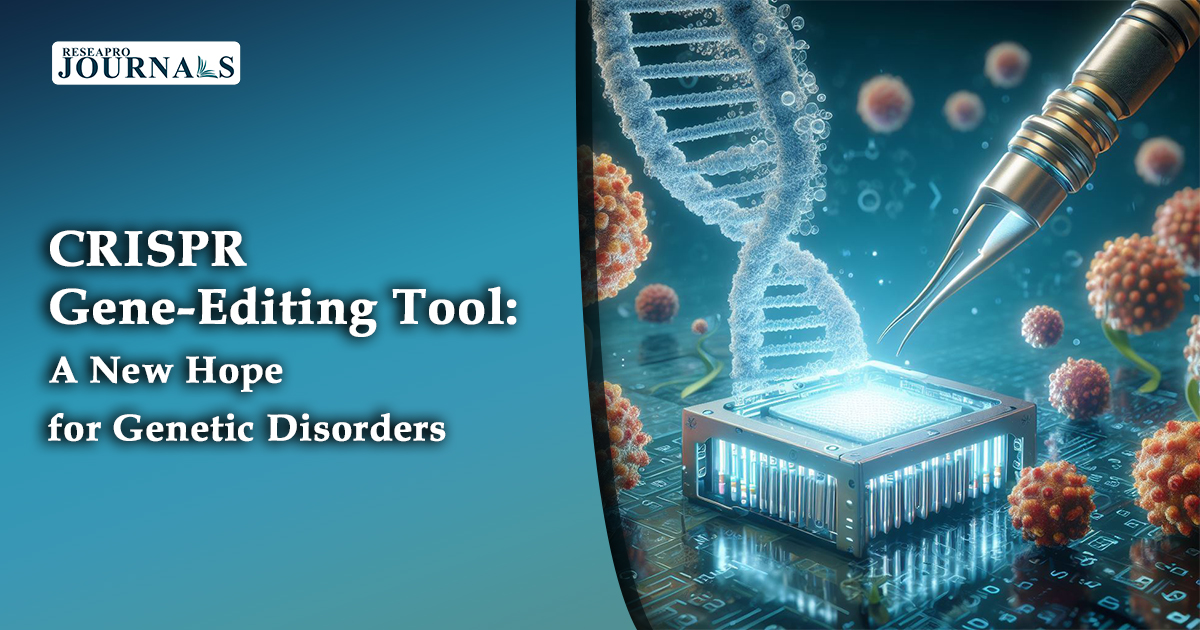|
Getting your Trinity Audio player ready...
|
Scientists have created a compact and efficient gene-editing tool, called engineered AsCas12f, smaller than the common Cas9 enzyme. It was tested successfully in mice, demonstrating promise for treating genetic disorders like hemophilia. The key advantage is that it can be packed more efficiently into delivery systems, potentially advancing gene therapy for humans. However, further research is needed to establish safe and effective delivery methods.




